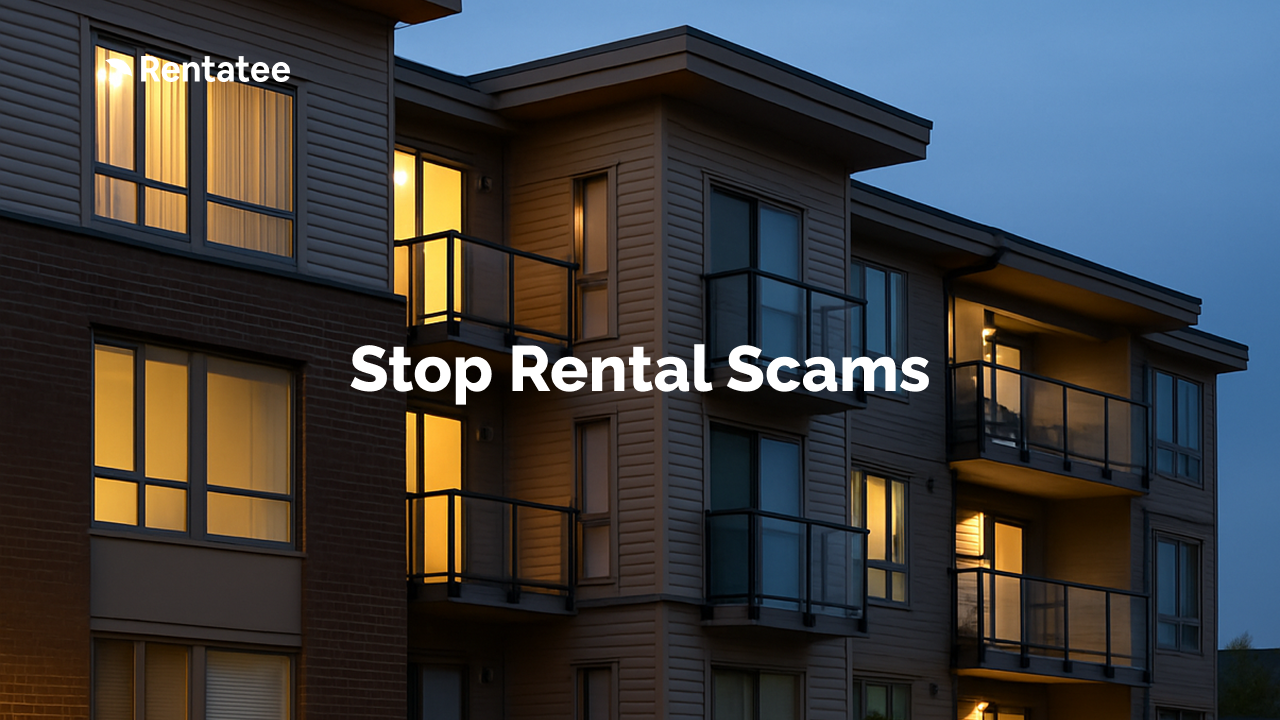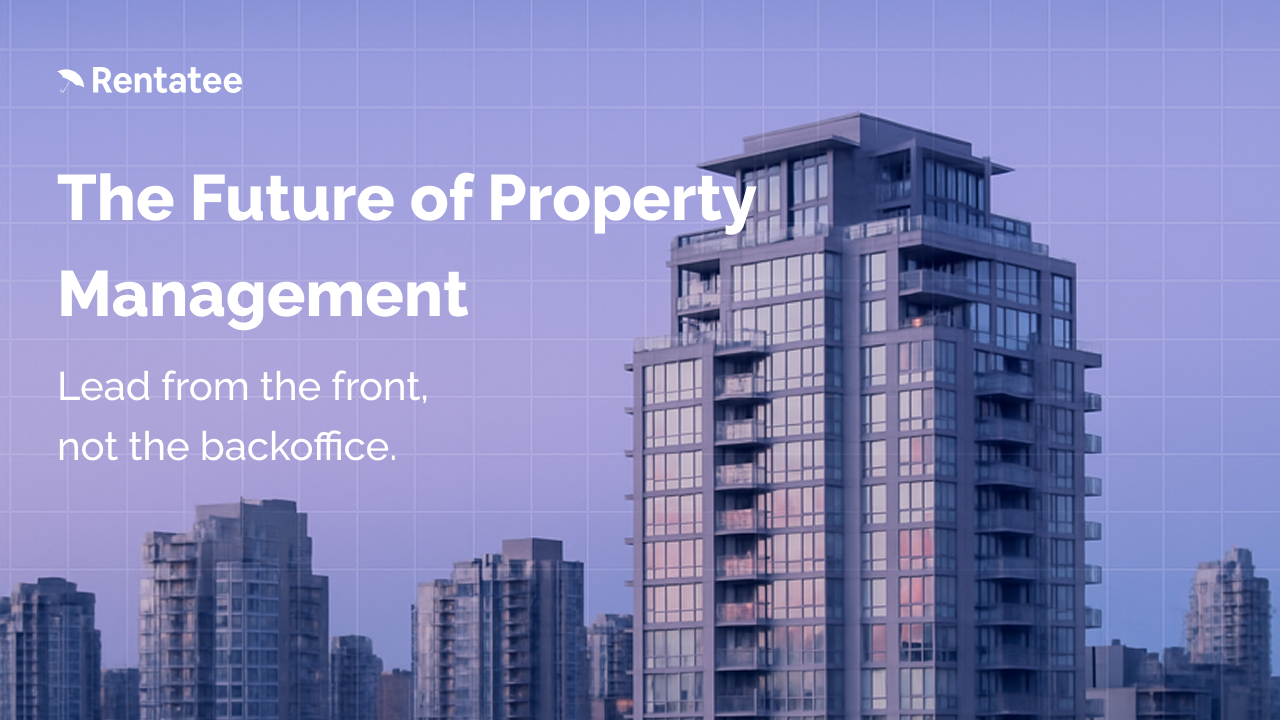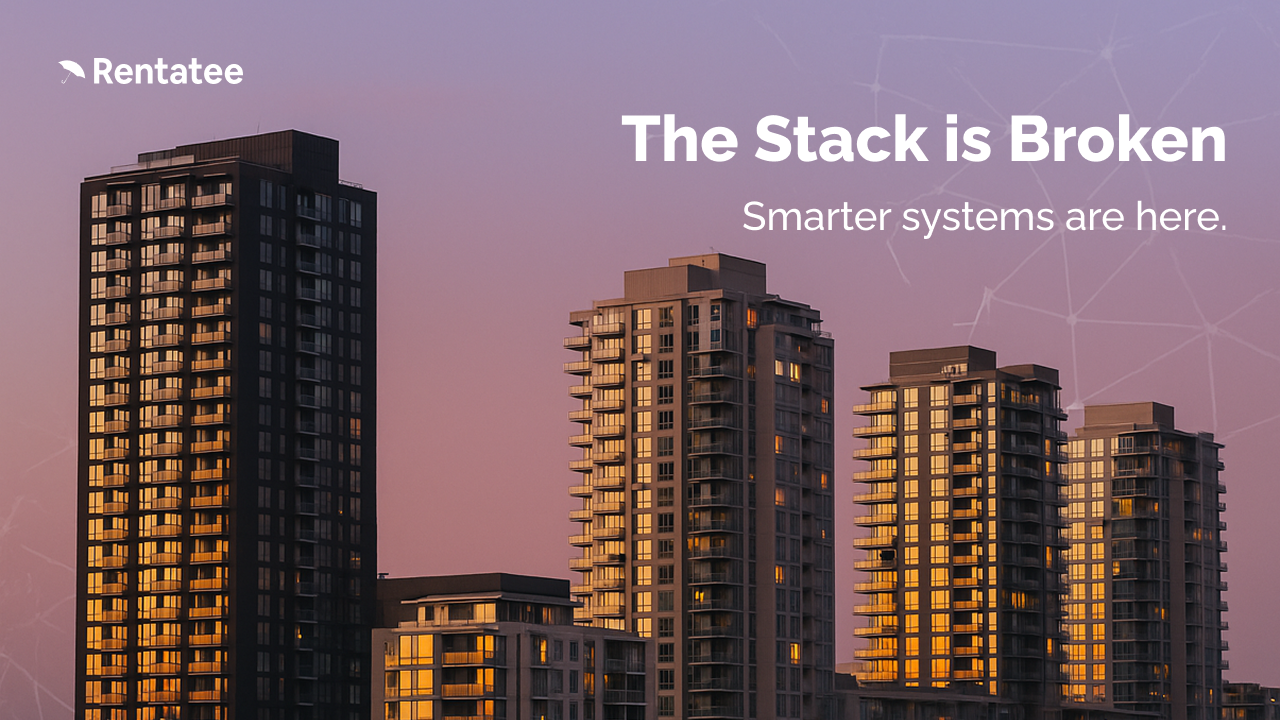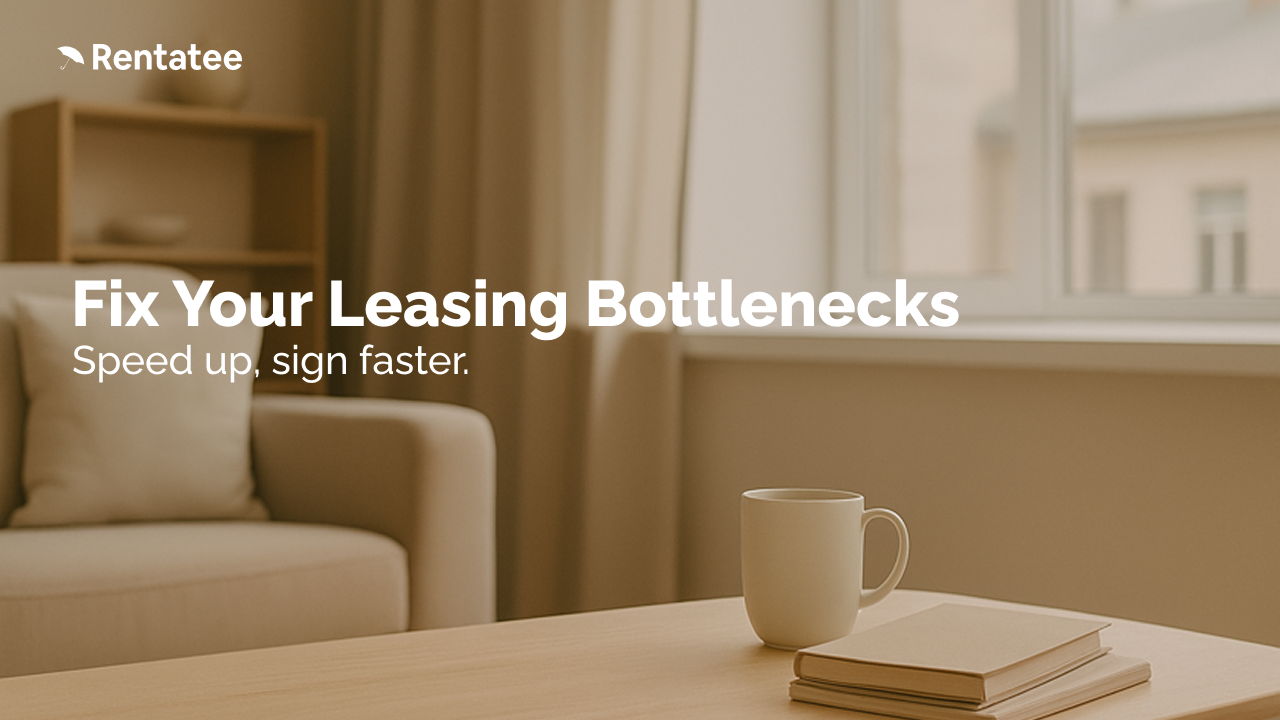Rental scams are on the rise and they don’t just affect tenants.
Fraud impacts landlords too. Fake applications, identity theft, forged pay stubs, and unauthorized sublets can cause serious financial and legal issues if you’re not paying attention.
The best way to protect your property and your reputation is to stay informed.
Here’s what every landlord should know.
1. Fake Listings: Yes, Scammers Steal Your Units Too
One of the most common rental scams? Fraudsters copy your real listing and post it elsewhere at a lower price. They collect deposits from unsuspecting renters and disappear.
What to watch for:
- Your property showing up on sites you didn’t post to
- Tenants contacting you about listings you didn’t create
- Complaints from people saying they were “approved” by someone you don’t know
What to do:
- Regularly search your own property online
- Watermark listing photos if needed
- Ask applicants how they found you, and confirm they applied through your approved channels
2. Application Fraud: Not All Tenants Are Who They Say They Are
Some applicants lie.
From fake references and income statements to stolen identities, application fraud can be hard to detect without a proper system in place.
Common red flags:
- Rushed urgency to move in immediately
- Documents that are hard to verify or feel “off”
- Refusal to authorize background or credit checks
Prevention tips:
- Use digital applications that verify data in real time
- Call employers and previous landlords directly
- Trust your gut, but always verify
3. Deposits Without Leases: A Classic Scam Move
Scammers often pose as landlords to collect deposits without ever signing a lease or handing over keys. But this can reflect poorly on you especially if they impersonated your business.
How to protect your reputation:
- Always require signed leases before accepting funds
- Provide clear, professional documentation for every transaction
- Make it easy for tenants to verify they’re dealing with the real owner or manager
4. Identity Theft: Be Careful What Info You Collect (and How You Store It)
Rental applications often include sensitive details: SIN numbers, driver’s licenses, pay stubs, employment letters.
If you’re collecting and storing this information manually, or worse, through email, you’re putting both yourself and your applicants at risk.
Recommendations:
- Use secure, encrypted platforms for document collection
- Never store personal info on your desktop or email inbox
- Limit access to tenant data to only those who need it
5. Watch for Red Flags During the Lease
Scams don’t always end after move-in.
Be cautious if you notice:
- Tenants subletting without permission
- Units listed on Airbnb without your knowledge
- Rent being paid by someone not on the lease
- Mail being delivered to different names than you expected
Staying vigilant is key to protecting your asset and your legal liability.
6. Educate Your Tenants Too
Your renters are often the first line of defense against scam attempts.
Keep them informed.
Let them know:
- You’ll never ask for payment outside of official channels
- All communication should come from your verified email or platform
- They should report any suspicious contact right away
Proactive communication builds trust and helps prevent losses before they happen.
The Takeaway
You don’t need to be paranoid. But you do need to be prepared.
Fraud is part of the rental landscape, and scams are getting more sophisticated every year. Whether you’re managing one unit or one hundred, putting smart systems in place protects your property, your tenants, and your peace of mind.
Stay sharp. Stay informed. That’s how professionals operate.




